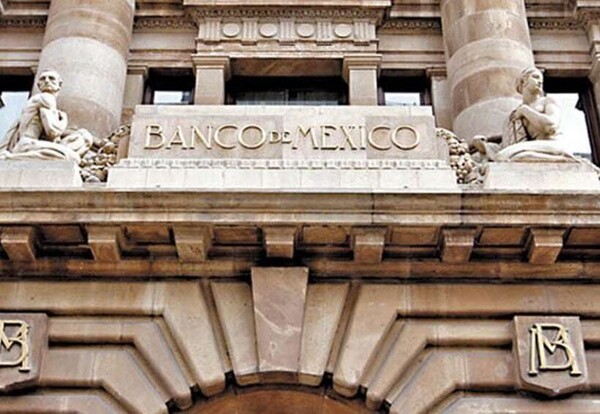
The "judicial reform" in Mexico has been the subject of debate and criticism due to the way elections for members of the judiciary are being conducted. This has raised concerns among various sectors of society because it is perceived that this reform is not contributing to the real democratization of justice in the country.
One of the most questioned points of this reform is that it proposes the popular election of judiciary members, which has been criticized because it is considered that there is a risk of politicizing justice and subjecting it to the fluctuations of public opinion. In other words, the impartiality with which judges must act is called into question when they are subject to popular voting.
Additionally, it has been pointed out that the process for selecting candidates was marked by opacity and influence peddling, which has put the legitimacy of this reform into question. Despite arguments that this measure seeks to eradicate corruption and nepotism in the judicial system, it has been highlighted that the real justice problems in Mexico lie in other areas that have not been addressed.
The lack of campaigns to publicize the profiles and proposals of the candidates, as well as the lack of adequate resources to conduct these elections transparently, are other points emphasized to question the effectiveness of this reform. It is mentioned that the impartiality and academic preparation of judges should be fundamental pillars in the judicial system, aspects that could be compromised with this new selection process.
In summary, the judicial reform in Mexico has generated controversy and concern due to doubts about its effectiveness in improving the country's justice system and ensuring impartiality in the application of the law. It highlights the need to carefully review this reform and consider alternatives that truly contribute to the improvement of the judicial system in Mexico.














